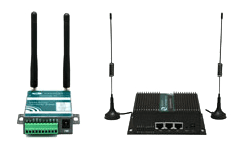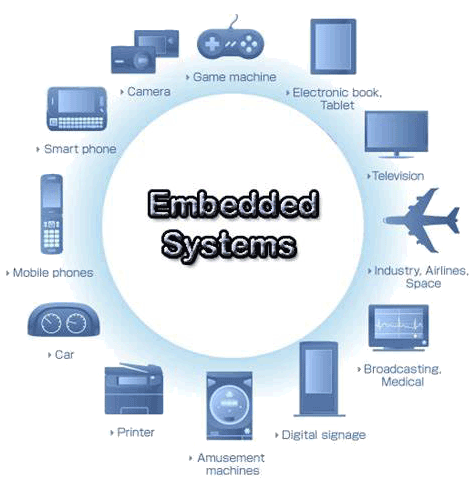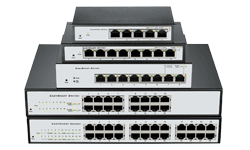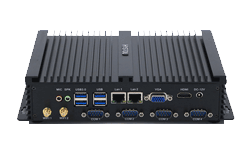5g sim router, required for smart home
So far, 4G networks are still mainstream, and 5G operators have made some popularization, and subsequent 5G will definitely become mainstream.
We know that the biggest difference between 5G mobile phones and other smart phones is the 5G baseband, which is the signal receiving and converting device. Similarly, if other smart home devices want to connect to 5G, they also need to embed 5G baseband as a tool for receiving and converting signals. Wired broadband can convert fiber-optic signals into WiFi signals through routers, enabling more device terminals to connect to the network, as can 5G wireless networks.
In the era of mobile Internet, WIFI routers do not carry heavy tasks. In most cases, there are only two or three mobile phones and computers to go online. With the popularity of smart homes, the demand for new connections has increased, and the requirements for routers have skyrocketed. Young people like to buy smart speakers, smart TVs, smart door locks and other novel and fun devices. New requirements also bring new challenges to routers.
In the era of smart home, 5G routers have a lot to offer. However, friends must not be mistaken, 5G routers are not 5GHz routers. What is a 5G sim router? Sim cards are 4G and 4G routers. Sim cards are 5G and routing supports 5G sim cards. This is the 5g sim router.
In the information age, people's cognition and thinking often cannot keep up with the pace of technological advancement. Ten years ago, we could not imagine that smartphones could have such a wide range of influence. Ten years later, we did not know what device was the mainstream of people's Internet access. However, in the initial stage of 5G, a 5G mobile phone that can only allow one device to access the Internet and a 5G sim router that can accommodate dozens of devices at the same time are easy to distinguish between the two.
Written by Owen

 Networking
Networking EMBEDDED SYSTEMS
EMBEDDED SYSTEMS Switches
Switches Wireless Solutions
Wireless Solutions Industrial Computer
Industrial Computer Cloud Services
Cloud Services




